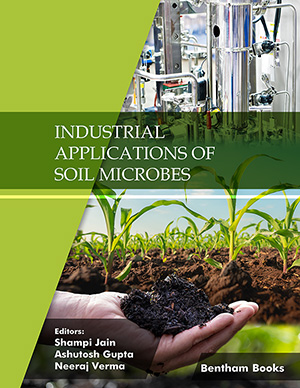Abstract
Yeasts are generally unicellular fungi that evolved from multicellular
ancestors in distinct lineages. They have existed in this form for millennia in various
habitats on the planet, where they are exposed to numerous stressful conditions. Some
species have become an essential component of human civilization either in the food
industry as drivers of fermentative processes or health sector as pathogenic organisms.
These various conditions triggered adaptive differentiation between lineages of the
same species, resulting in genetically and phenotypically distinct strains. Recently
genomic studies have expanded our knowledge of the biodiversity, population
structure, phylogeography and evolutionary history of some yeast species, especially in
the context of domesticated yeasts. Studies have shown that a variety of mechanisms,
including whole-genome duplication, heterozygosity, nucleotide, and structural
variations, introgressions, horizontal gene transfer, and hybridization, contribute to this
genetic and phenotypic diversity. This chapter discusses the origins of yeasts and the
drivers of the evolutionary changes that took place as organisms developed niche
specializations in nature and man-made environments. The key phenotypic traits that
are pivotal to the dominance of several yeast species in anthropic environments are
highlighted.
Keywords: Adaptation, Abiotic stressors, Aneuploidy, Brettanomyces, Crabtree effect, Copy number variations, Domestication, Dimorphism, Fermentation, Fructophilic, Glucophilic, Horizontal gene transfer, Pathogenicity, Saccharomy cotina, Starmerella, Saccharomyces cerevisiae, Whole-genome duplication, Wickerhamiella, 4-vinylguiaiacol.






















